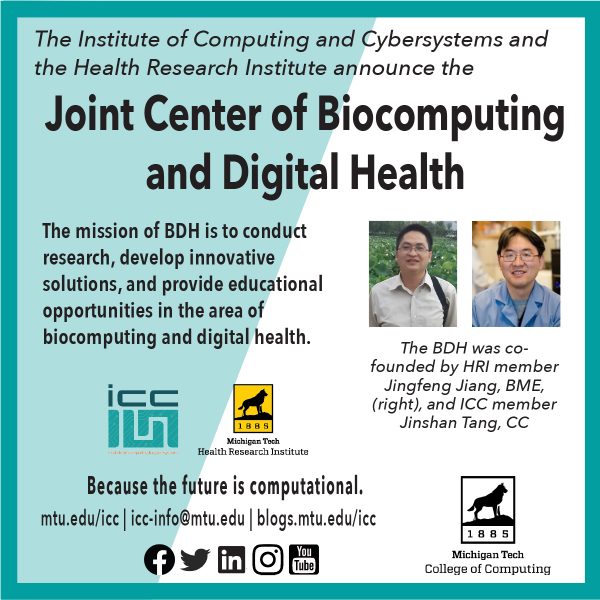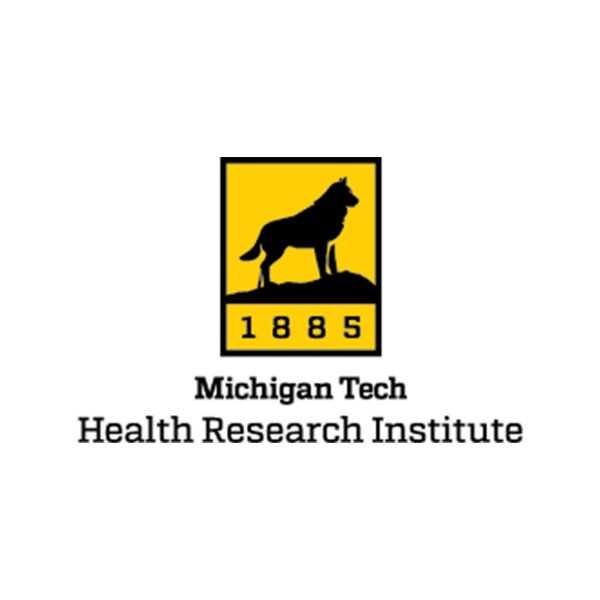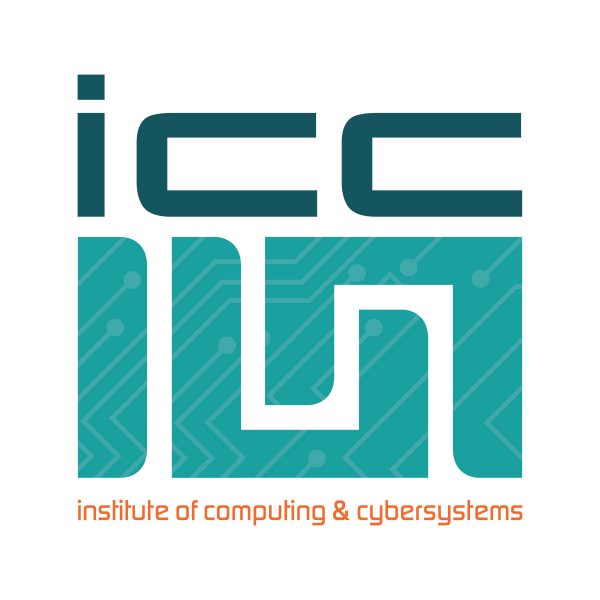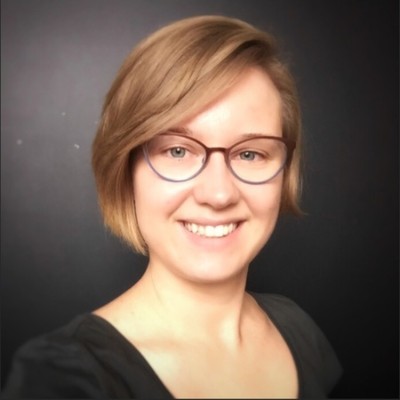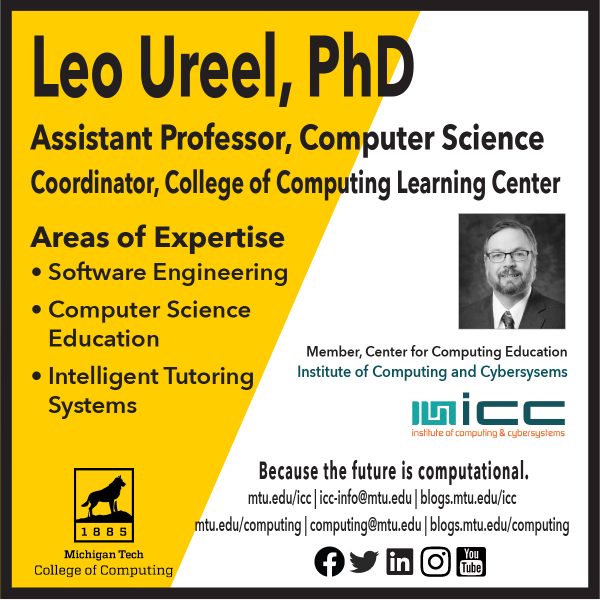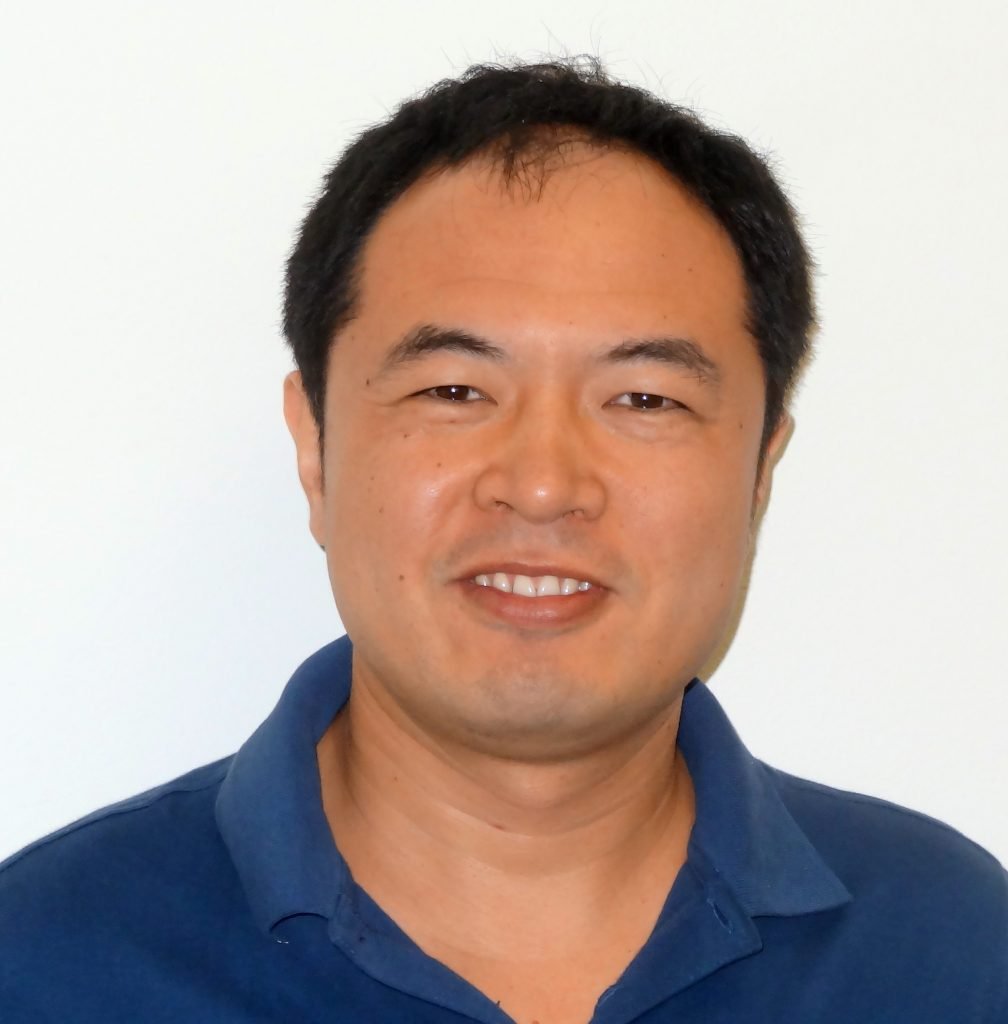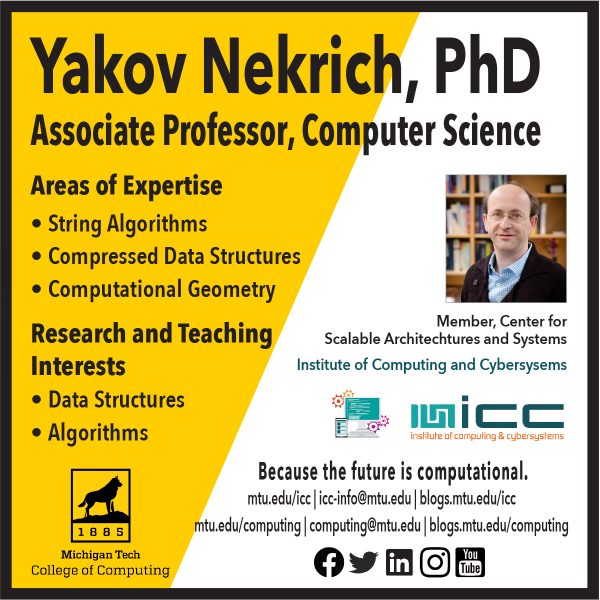by Graduate Student Government
Registration for this year’s virtual Graduate Research Colloquium (GRC) will close at 11:59 PM tomorrow (March 2). The event will be held on Thursday April 1, and Friday April 2.
GRC is a great opportunity to work on your presentation skills and prepare for upcoming conferences. Students are free to give an oral presentation, a poster talk, or both. All talks will be scored by judges from the same field as the presenter, who will give valuable insight and feedback on how you can improve your talk. Cash prizes are available for the top 3 places in both oral and poster presentations ( 1st – $300, 2nd – $200, and 3rd – $100). Registration closes Tuesday, March 2, at 11:59 PM. Only a research abstract is due at the time of registration. Register today.
Guidelines to record a video for the poster session and to compile slides for an oral presentation are available on the event website. The video and slide submission deadline for the event is 11:59 PM, Monday March 22, 2021. Full information on the event can be found on our website.
Feel free to contact Sarvada Chipkar if you have any questions or concerns.
